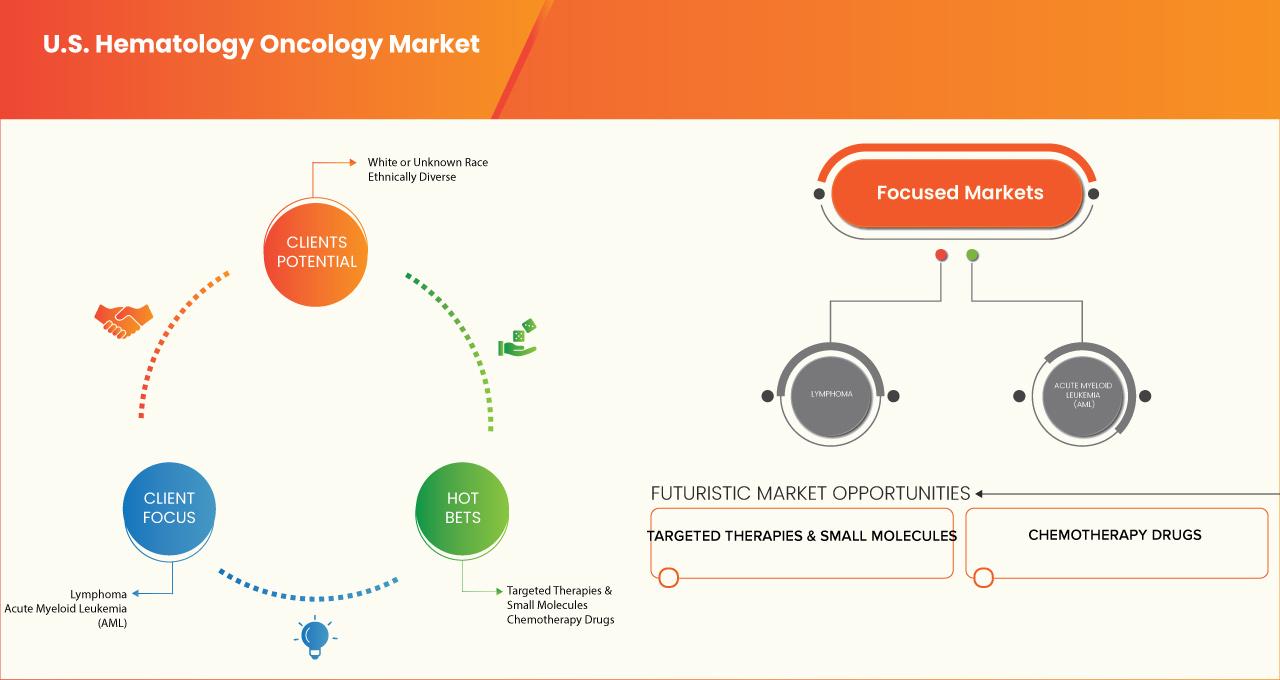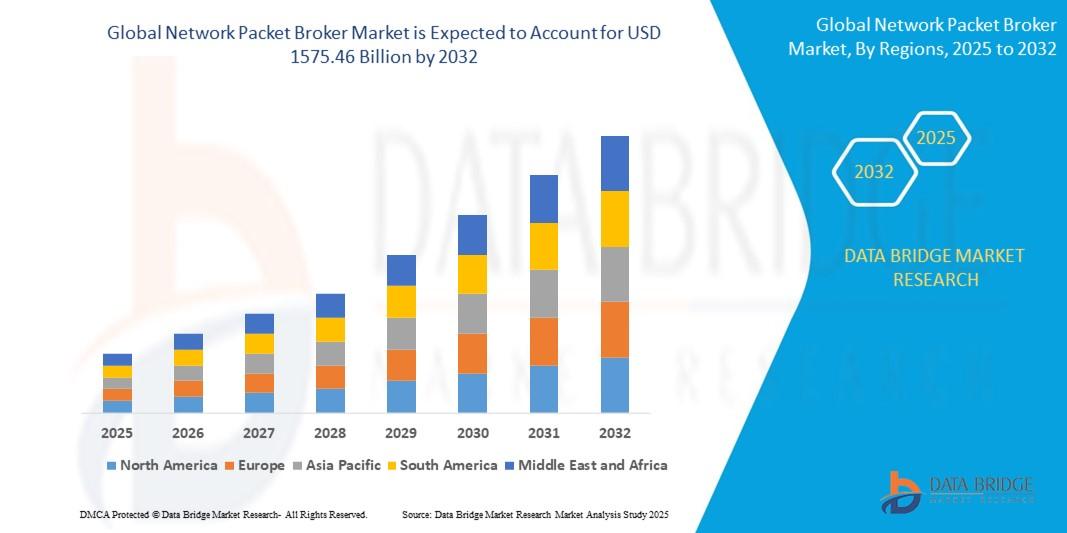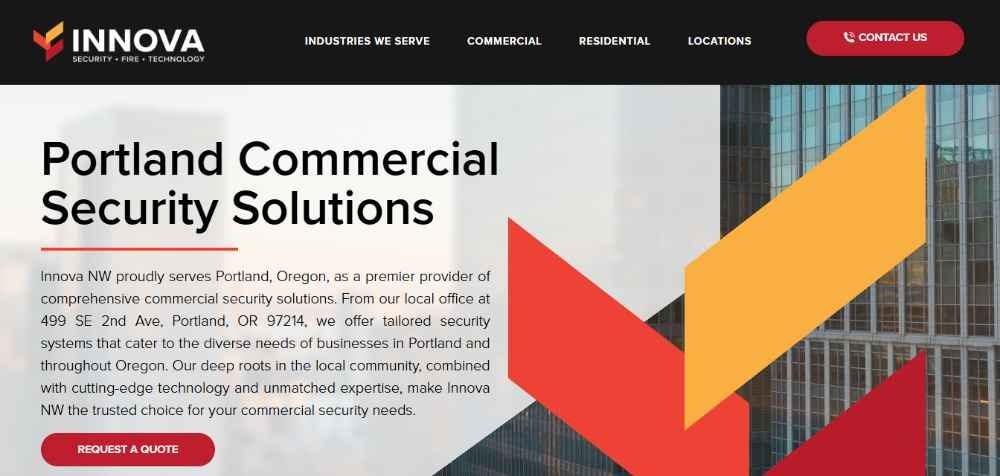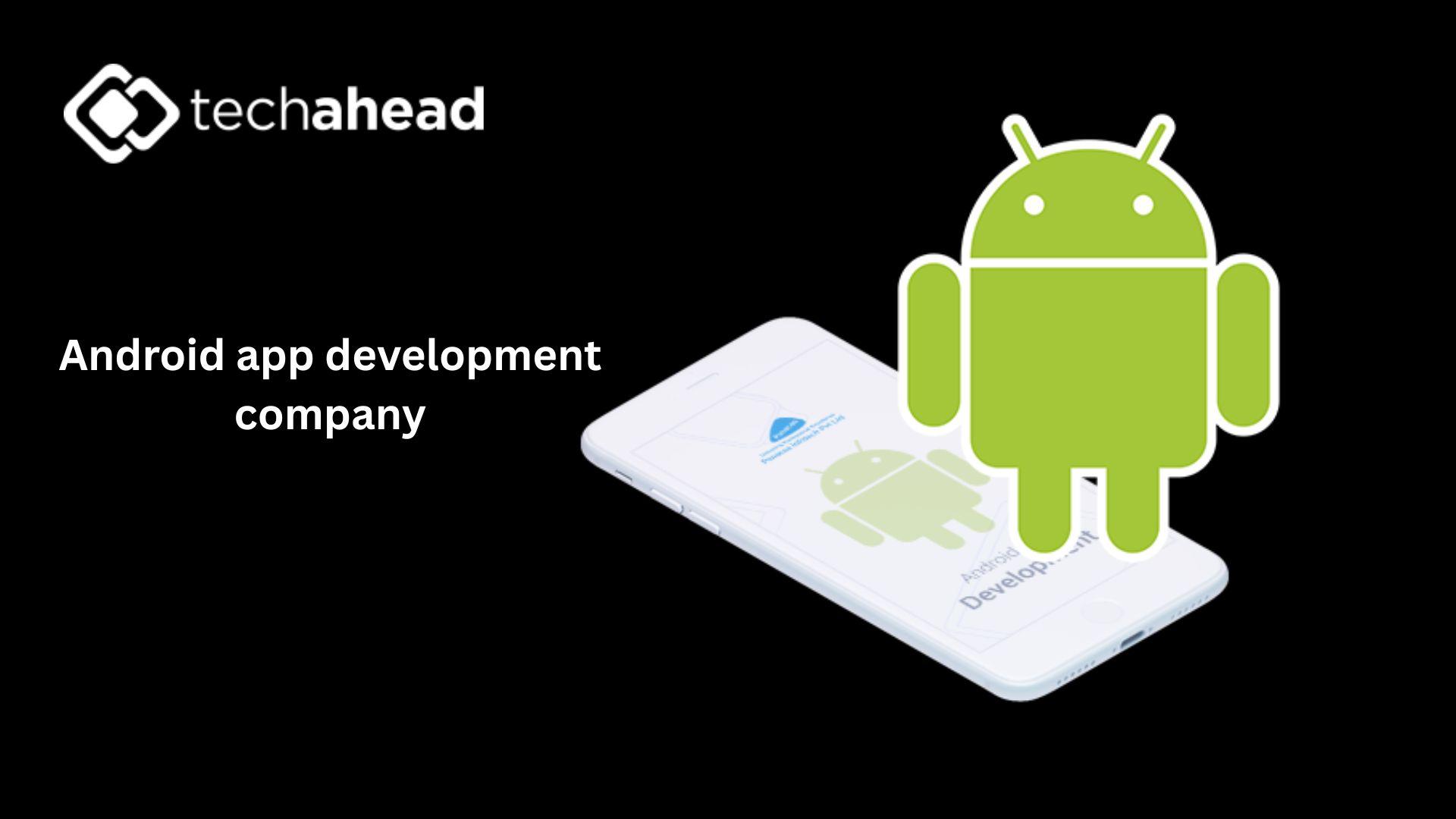Can I use NFC business cards for networking events and conferences?

Introduction to NFC Business Cards
The business world is rapidly embracing digital transformation, and networking has not been left behind. Traditional paper business cards are giving way to innovative solutions that make professional connections more efficient and memorable. Among these innovations, NFC business cards have emerged as a game-changing tool for modern professionals.
NFC business cards represent a revolutionary approach to networking that combines the convenience of traditional cards with the power of digital technology. They offer instant connectivity and seamless information sharing that can significantly enhance your networking experience at professional events.
What Are NFC Business Cards?
NFC business cards are physical cards embedded with Near Field Communication technology that allows instant sharing of contact information and digital content. These cards look similar to traditional business cards but contain a small NFC chip that can store and transmit data to compatible devices.
The beauty of NFC business cards lies in their simplicity and effectiveness. When someone taps their smartphone against your NFC card, they instantly receive your contact information, social media profiles, portfolio links, or any other digital content you've programmed into the card.
These cards bridge the gap between physical and digital networking. They maintain the tangible aspect of traditional business cards while offering the convenience and versatility of digital information sharing. This combination makes them particularly effective in professional networking scenarios.
How NFC Business Cards Work
The technology behind NFC business cards is surprisingly straightforward yet sophisticated. NFC operates on the principle of electromagnetic induction between two compatible devices when they're brought within close proximity, typically within 4 centimeters.
When you tap an NFC-enabled smartphone against your business card, the phone's NFC reader activates the chip in your card. The chip then transmits the pre-programmed information directly to the phone, typically opening a contact card, website, or app.
The entire process takes less than two seconds and requires no special apps or complicated setup procedures. Most modern smartphones have built-in NFC capabilities, making the technology accessible to the majority of your networking contacts.
The data transfer happens automatically once the devices come into contact. Your recipient doesn't need to manually enter your information or scan QR codes, making the process incredibly user-friendly and efficient.
Benefits of Using NFC Business Cards at Events
Professional networking events and conferences present unique challenges that NFC business cards are perfectly positioned to address. The fast-paced environment of these events demands quick and efficient information exchange, which traditional business cards often cannot provide.
Time efficiency stands as one of the most significant advantages. During busy networking sessions, every second counts. NFC cards eliminate the need for manual data entry, allowing you to connect with more people in less time. This efficiency becomes particularly valuable during speed networking sessions or crowded conference breaks.
The accuracy of information transfer represents another crucial benefit. Traditional business cards often lead to transcription errors when contacts manually enter your information. NFC cards eliminate this problem entirely by transferring exact digital data, ensuring your contacts receive correct information every time.
Memory and organization advantages cannot be overlooked. Paper business cards frequently get lost, damaged, or forgotten in pockets and bags. Digital information transferred via NFC cards goes directly into the recipient's phone, where it's automatically organized and easily accessible.
The professional impression created by NFC business cards also provides significant networking advantages. Using cutting-edge technology demonstrates your forward-thinking approach and technical savvy, qualities that often resonate well in professional environments.
Setting Up Your NFC Business Card
The setup process for NFC business cards varies depending on the provider and type you choose, but the general principles remain consistent across different options. Most NFC business cards come with accompanying apps or web platforms where you can customize the information and actions triggered when someone taps your card.
Basic information setup typically includes your name, title, company, phone number, email address, and website. However, the real power of NFC cards comes from their ability to include dynamic content such as LinkedIn profiles, portfolio websites, or even custom landing pages.
Advanced customization options allow you to create different profiles for different types of events or audiences. You might set up one profile emphasizing your sales expertise for business development events and another highlighting your technical skills for industry conferences.
The programming process usually involves logging into a web portal or mobile app, entering your information, and then writing that data to your card using your smartphone's NFC capability. Many providers offer bulk programming services for teams or organizations.
Regular updates represent one of the most valuable features of NFC business cards. Unlike traditional cards that become outdated when your information changes, NFC cards can be updated remotely without needing to reprint physical cards.
Best Practices for Networking Events
Maximizing the effectiveness of NFC business cards at networking events requires strategic planning and proper execution. Understanding the event dynamics and your audience helps determine the best approach for using your digital business cards.
Timing your card presentation appropriately ensures maximum impact. Introduce yourself and establish rapport before presenting your NFC card. This approach makes the technology feel like a natural extension of your professional presentation rather than a gimmick.
Teaching recipients how to use the card enhances their experience and increases the likelihood of successful connection. A simple explanation like "just tap your phone against the card" usually suffices, but being prepared to demonstrate the process helps ensure smooth interactions.
Having backup options proves essential for comprehensive networking strategies. While NFC adoption is widespread, some attendees may have older phones or prefer traditional methods. Carrying a few traditional business cards as backup ensures you're prepared for any situation.
Following up after the initial connection amplifies the networking value of your NFC cards. The ease of digital connection should be just the beginning of building meaningful professional relationships.
Conference-Specific Advantages
Large conferences present unique networking challenges that NFC business cards are particularly well-suited to address. The scale and complexity of major industry events create opportunities where digital networking solutions truly shine.
Information overload affects most conference attendees who collect dozens or even hundreds of business cards over several days. NFC cards help your contact information stand out by going directly into organized digital formats rather than joining a pile of paper cards.
Multi-day events benefit significantly from the dynamic nature of NFC cards. You can update your information between conference days to reflect new presentations, meeting schedules, or collaboration opportunities that arise during the event.
Presentation integration offers another conference-specific advantage. Speakers and presenters can include their NFC information in slides or handouts, allowing audience members to instantly connect without disrupting the presentation flow.
Exhibition booth applications make NFC cards particularly valuable for vendors and sponsors. Booth visitors can quickly capture contact information and product details without lengthy sign-up processes that often deter potential leads.
Cost Considerations and ROI
Understanding the financial implications of adopting NFC business cards helps make informed decisions about implementing this technology in your networking strategy. While initial costs may be higher than traditional cards, the long-term value proposition often justifies the investment.
Initial setup costs vary significantly depending on the provider, card quality, and features included. Basic NFC cards start around ten dollars per card, while premium options with advanced features can cost significantly more.
Ongoing expenses typically include subscription fees for platforms that manage your digital content and provide analytics about card usage. These platforms often offer valuable insights into networking effectiveness that traditional cards cannot provide.
Cost per connection calculations often favor NFC cards over time. Traditional business cards require reprinting whenever information changes, while NFC cards can be updated indefinitely. For professionals who attend numerous events annually, this flexibility provides substantial cost savings.
Return on investment becomes apparent through improved networking effectiveness, time savings, and enhanced professional image. Many users report that the technology pays for itself through improved business relationships and opportunities generated at networking events.
Technical Requirements and Compatibility
Understanding the technical landscape surrounding NFC business cards ensures smooth implementation and usage across different networking scenarios. Compatibility considerations affect both your experience as a card owner and your contacts' experience as recipients.
Device compatibility covers the vast majority of modern smartphones, including both Android and iPhone models manufactured within the last several years. However, verification of NFC functionality should be part of your preparation process for important events.
Operating system requirements vary slightly between iOS and Android devices, but both platforms support NFC business card interactions without additional app installations. This universal compatibility makes NFC cards highly practical for diverse networking environments.
Data format standards ensure that information transfers correctly across different devices and platforms. Most NFC business cards use vCard format, which integrates seamlessly with standard contact management systems on smartphones.
Backup connectivity options provide additional reliability for critical networking situations. Many NFC cards also include QR codes or other alternative connection methods to ensure information sharing remains possible even if NFC functionality encounters issues.
Privacy and Security Concerns
Professional networking involves sharing personal and business information, making privacy and security important considerations when adopting NFC business card technology. Understanding these implications helps make informed decisions about information sharing strategies.
Data control represents a fundamental privacy consideration. Unlike traditional business cards where information cannot be recalled once distributed, NFC cards allow you to control and modify shared information even after cards have been distributed.
Information accessibility affects privacy in different ways than traditional business cards. While NFC cards require physical proximity to access information, the digital nature of shared data means recipients can more easily store, search, and share your information with others.
Security features vary among NFC business card providers, with some offering password protection, usage analytics, and access controls. These features provide additional layers of security that traditional business cards cannot offer.
Professional boundaries become easier to maintain with NFC cards because you can create different profiles for different professional contexts, sharing only relevant information for specific networking situations.
Environmental Impact
Sustainability considerations increasingly influence business decisions, and networking tools are no exception. NFC business cards offer several environmental advantages over traditional paper cards that align with corporate sustainability goals.
Paper reduction represents the most obvious environmental benefit. Traditional business cards require regular reprinting as information changes, consuming paper, ink, and energy throughout their lifecycle. NFC cards eliminate this ongoing resource consumption.
Longevity advantages mean NFC cards can serve for years without replacement, dramatically reducing the environmental impact per networking connection. A single NFC card can facilitate hundreds or thousands of information exchanges over its lifespan.
Digital storage eliminates the need for physical filing systems, reducing paper usage throughout the networking process. Recipients store information digitally rather than keeping physical cards, further reducing environmental impact.
Waste reduction occurs because NFC cards don't become obsolete when information changes. Traditional business cards often become waste when contact details are updated, while NFC cards remain current through digital updates.
Future of Digital Networking
The evolution of networking technology continues accelerating, with NFC business cards representing just one step in the broader digital transformation of professional relationship building. Understanding emerging trends helps prepare for the future of networking.
Integration possibilities with emerging technologies like augmented reality and artificial intelligence promise to make networking even more sophisticated and effective. Future NFC cards might trigger AR business card displays or AI-powered relationship matching.
Platform evolution continues improving the capabilities and user experience of NFC business card systems. Advanced analytics, integration with CRM systems, and automated follow-up features are becoming standard offerings.
Industry adoption rates suggest that digital networking solutions will become increasingly common at professional events. Early adopters of NFC technology often gain competitive advantages in networking effectiveness and professional image.
Technology convergence may eventually combine NFC cards with other digital networking tools, creating comprehensive platforms that manage all aspects of professional relationship building from initial contact through long-term relationship maintenance.
Frequently Asked Questions
Do NFC business cards work with all smartphones? Most modern smartphones support NFC technology, including iPhones from iPhone 6 onwards and most Android devices manufactured after 2012. However, users need to ensure NFC is enabled in their phone settings.
Can I update my information after giving out NFC cards? Yes, one of the main advantages of NFC business cards is the ability to update information remotely. Changes made to your digital profile automatically reflect for anyone who taps your card in the future.
Are NFC business cards secure? NFC cards are generally secure because they require close physical proximity to share information. Many providers offer additional security features like password protection and usage tracking for enhanced security.
What happens if someone's phone doesn't have NFC? Most NFC business cards also include backup options like QR codes or traditional contact information printed on the card to ensure compatibility with all devices and user preferences.
How much do NFC business cards cost? Basic NFC business cards typically cost between ten to fifty dollars per card, with ongoing platform fees ranging from free to monthly subscriptions depending on features required.
Can I track who accessed my NFC business card? Many NFC business card platforms provide analytics showing when and how often your card has been accessed, though specific user identification depends on the platform and privacy settings.
Do NFC business cards require special apps to work? No, modern smartphones can read NFC business cards using built-in NFC capabilities without requiring special apps. The information typically opens in the phone's default contact or browser application.
How long do NFC business cards last? Quality NFC business cards can last several years with proper care. The NFC chips are designed to withstand thousands of read cycles, making them suitable for extensive networking use.
The adoption of Digital Business Cards for networking events and conferences represents a practical step forward in professional relationship building. These digital tools address real challenges faced in traditional networking while opening new possibilities for meaningful professional connections. As technology continues evolving, professionals who embrace these innovations position themselves advantageously in an increasingly connected business world.







